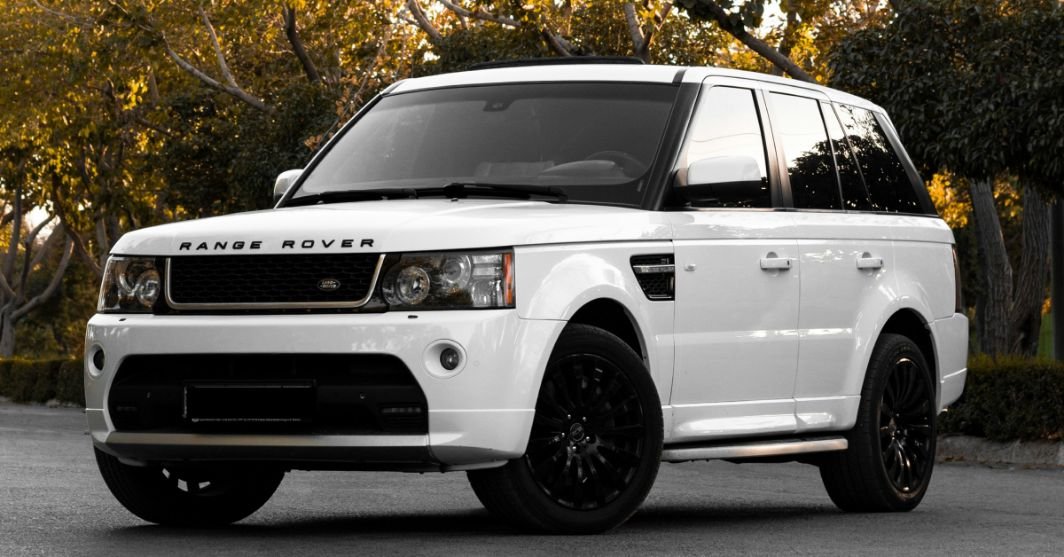-
Understanding Your Car’s AC SystemUnderstanding Your Car’s AC System
-
Common AC Problems & DIY FixesCommon AC Problems & DIY Fixes
-
Maintaining Your Car’s AC in the UAEMaintaining Your Car’s AC in the UAE
-
When to Call a Professional for AC RepairWhen to Call a Professional for AC Repair
Let’s talk about DIY Car AC Repair, interesting right? Might save you some money if its DIY
Living in the UAE, where summer temperatures often exceed 40 degrees Celsius, a well-functioning car air conditioning (AC) system is essential.
In such extreme conditions, your car’s AC isn’t just a comfort feature—it’s a necessity for safe and comfortable driving.
However, like any mechanical system, your car’s AC can encounter issues, leaving you at the mercy of the scorching heat and knowing diy car ac repair can come handy
Issues such as car ac cooling problem, car ac evaporator problems, car ac no cold only air problem, car ac expansion valve problems, car ac electrical problems, car ac condenser problems can arise
So if you are wondering how to diagnose car ac problems, this brief guide is designed to equip you with the knowledge to diagnose and repair your car’s AC system yourself, ensuring a consistently cool and pleasant driving experience.
Understanding Your Car's AC System to understand car ac repair
Before diving into the specifics of diagnosing and knowing about car ac repair, it’s important to understand its basic components.
The car AC system is a complex assembly that works together to provide cool air inside the cabin.
Here’s a brief overview of its main components:
- Car AC Compressor: Often referred to as the heart of the AC system, the compressor pressurizes the refrigerant and circulates it through the entire system. Without the compressor, the refrigerant cannot move through the system, making it a crucial component.
More on Car AC Compressor here
- Condenser: Positioned in front of the radiator, the condenser’s job is to cool the refrigerant after it has been compressed. As the refrigerant passes through the condenser, it transforms from a high-pressure gas into a high-pressure liquid, releasing heat in the process.
- Evaporator: Located inside the car’s cabin, the evaporator is responsible for absorbing heat from the interior air, thereby cooling it down before it is blown into the cabin.
- Expansion Valve: This component regulates the amount of refrigerant flowing into the evaporator. It plays a key role in maintaining the correct pressure within the system.
- Refrigerant: The refrigerant is the fluid that circulates through the AC system, absorbing and releasing heat to cool the car’s interior. It is essential to ensure that the refrigerant levels are adequate for the AC to function properly.
Read more about car air-conditioning here
Common AC Problems and DIY car ac repair
Now that you have a basic understanding of how your car’s AC system works, let’s explore some common issues that might arise and how you can address them yourself for DIY car ac repair

1. Car AC No Cold Air
One of the most common problems you might encounter is when your AC blows warm or hot air instead of cold. Here are some potential causes and their DIY solutions:
- Low Refrigerant Levels: This is often the primary cause of insufficient cooling. You can check the refrigerant levels using a pressure gauge. If the levels are low, you’ll need to recharge the system with refrigerant. It’s important to use the correct type of refrigerant specified for your vehicle. Always follow safety guidelines when handling refrigerant.
- Refrigerant Leaks: Leaks can cause refrigerant levels to drop, leading to poor cooling. To detect leaks, use a UV dye specifically designed for this purpose. Add the dye to the system and use a UV light to spot any leaks. If you find a leak, it’s best to consult a professional, as repairing refrigerant leaks often requires specialized tools and knowledge.
- Compressor Issues: The compressor might not be engaging, which would prevent the refrigerant from circulating through the system. Check the compressor clutch and electrical connections for any issues. If the compressor itself is faulty, it may need to be replaced—a task that’s typically best left to professionals due to the complexity and cost involved.
2. Car ac repair – Weak Airflow
Another common issue is weak airflow, which can make the AC feel ineffective. Here are a few potential causes and DIY fixes:
- Clogged Air Filter: A dirty or clogged cabin air filter can significantly restrict airflow. It’s recommended to replace the air filter every 12,000 miles or as specified in your vehicle’s manual. This is a relatively simple task that can make a big difference in your AC’s performance.
- Blocked Vents: Ensure that all air vents inside the car are open and unobstructed. Dust, debris, and other blockages can prevent air from flowing freely. Regular cleaning of the vents can help maintain proper airflow.
- Faulty Blower Motor: If the blower motor isn’t working correctly, the airflow will be weak. Check the motor’s fuse and wiring for any issues. If the motor is faulty, you may need to replace it, which is a job that can be done at home with the right tools and instructions.
3. Car Ac repair for Strange Smells
Unpleasant odors emanating from the AC can make driving an uncomfortable experience. Here’s what might be causing the smell and how to address it:
- Mold or Bacteria: The accumulation of moisture in the AC system can lead to the growth of mold and bacteria, which in turn causes unpleasant smells. You can use an AC cleaner or disinfectant spray to eliminate these odors. Make sure to follow the instructions on the product for effective results.
- Dirty Evaporator: If the evaporator is dirty, it can also contribute to bad smells. Cleaning the evaporator might require professional assistance, as accessing it can be tricky without the proper equipment.
4. Unusual Noises
If your AC is making strange noises, it’s a sign that something isn’t right. Here are a couple of possible causes:
- Worn Belts: Over time, the belts in your AC system can wear out, leading to unusual noises. Inspect the belts for signs of wear and replace them if necessary. This is a straightforward repair that can be done with basic tools.
- Compressor Clutch Problems: If the compressor clutch is making noise, it might need adjustment or replacement. As with the compressor itself, this is a more advanced repair that may require professional help.
5. AC Not Turning On
If your AC system doesn’t turn on at all, here’s what you should check:
- Fuses and Relays: The first step is to inspect the AC fuse and relay. A blown fuse or a faulty relay could be the reason your AC isn’t working. Replace any blown fuses or faulty relays to restore function.
- Electrical Connections: Ensure that all electrical connections related to the AC system are secure and free from corrosion. Loose or corroded connections can prevent the system from turning on.
Tips for Maintaining Your Car’s AC in the UAE, to avoid car ac repair
Given the extreme temperatures in the UAE, regular maintenance of your car’s AC system is crucial to keep it running smoothly. Here are some tips to help you maintain your AC system effectively:
- Regular Inspections: Have your AC system inspected by a professional at least once a year. This will help ensure that all components are functioning correctly and catch any potential issues before they become major problems.
- Clean the Condenser: The condenser is exposed to the elements and can get clogged with dirt and debris. Regularly cleaning the condenser with a gentle hose or air compressor can prevent blockages and improve the efficiency of your AC system.
- Check Refrigerant Levels: Low refrigerant levels can lead to poor cooling and can even damage the compressor. Regularly checking and topping up refrigerant levels, as needed, will help maintain optimal cooling performance.
- Park Smartly: Whenever possible, park your car in shaded areas or use sunshades to reduce the interior temperature. This reduces the load on your AC system when you start the car and helps it cool down the cabin more quickly.
When to Seek Professional Help for car ac repair
While many AC issues can be addressed with DIY solutions, some problems are best left to professionals. Here are a few situations where professional help is recommended:
- Complex Repairs: If your AC system requires complex repairs, such as a compressor replacement or fixing major refrigerant leaks, it’s best to leave it to the experts. These repairs often require specialized tools and knowledge to ensure safety and compliance with environmental regulations.
- Persistent Problems: If you’ve tried DIY solutions but the problem persists, it’s time to consult a professional. Continuing to use a malfunctioning AC system can lead to further damage and more costly repairs down the line.
Wrapping up DIY car ac repair
Diagnosing and repairing your car’s AC system can be a highly rewarding experience, particularly when you’re able to restore cool comfort without a costly trip to the mechanic. However, it’s important to recognize your limits and seek professional help when necessary. By maintaining your AC system regularly and addressing issues promptly, you can ensure a consistently cool and comfortable driving experience, even during the hottest UAE summers. Remember, regular maintenance is key to preventing problems and extending the lifespan of your car’s AC system. Stay cool and drive safe!











